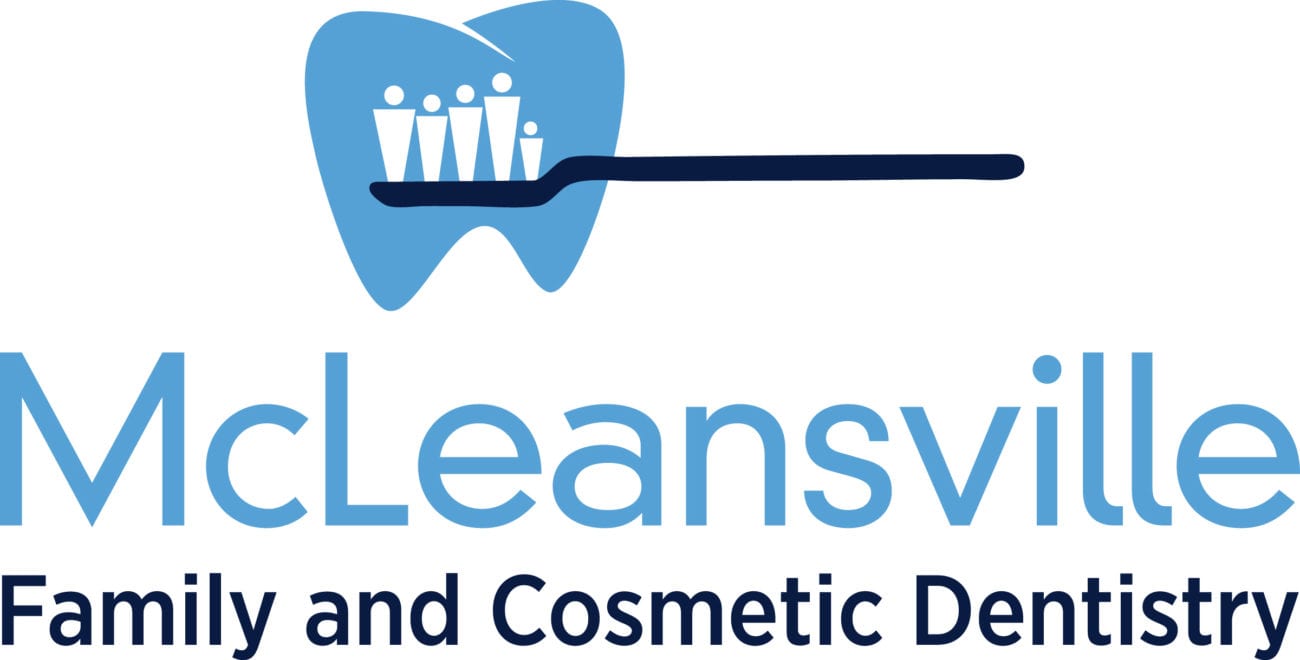You begin visiting your dentist for routine teeth cleanings and exams as soon as you grow your first teeth. You also understand that you should continue seeing your dentist for these appointments on a regular basis.
But how often should you schedule appointments like this? Are there factors that influence the amount of attention you need from your dental professional? Read on to learn more about the regular dental care you require to maintain your good oral health.

What Happens During Routine Dentist Visits?
When you arrive for your regular appointment with your dentist, they will perform a routine teeth cleaning. The dentist will scrape away lingering plaque from your teeth, particularly in hard-to-reach spots like near the gumline. If plaque remains on your smile, it could eat away at tooth enamel, putting you at risk of developing cavities and other dental problems.
During this same visit, your dentist will conduct a thorough evaluation of your smile. They examine your teeth and gums for early signs of problems like decay and periodontal disease. They can provide prompt treatment if they do see any issues, staving off structural damage that can impact your smile.
The dentist can take the opportunity to capture an x-ray of your teeth. This allows them to get a precise and more intensive image of your dental health. They will also monitor potential concerns, such as the growth of wisdom teeth, in this way. Preventative dental care like this can save you time and money in the long run. It will lower your risk of developing a dental emergency.
How Often Should I Schedule Routine Dentist Appointments?
Typically, you should schedule a routine dentist appointment every six months. This allows ample opportunity for a dentist to remove plaque and tartar from your teeth before they can cause significant harm.
They will also spot, diagnose, and treat dental concerns in their early stages if they have formed. In many cases, as with gum disease, it is simpler to get rid of the problem when you catch it promptly.
Some patients may need to visit their dentist more frequently to get the oral health care they need. Senior-aged patients, those with a higher propensity for tartar formation, and individuals with underlying medical conditions might need to schedule appointments three or four times a year.
What Should I Do If I Have a Dental Emergency?
Though we may take care of our oral health thoroughly and regularly, accidents can occur that leave our smiles injured and vulnerable. If this happens, you should contact your dentist as soon as possible. They may ask you to come to the office for an emergency dental appointment.
Do not wait to let your dentist know if you experience tooth pain, a knocked-out tooth, or another major dental concern. These problems can worsen without prompt treatment from a dentist. Get an evaluation and protect your smile as much as you can by seeking out urgent help from your expert dental professional.
